Skin bleaching describes the use of products aimed at lightening darkened areas of skin or achieving an overall paler complexion. These methods include creams, soaps, oral pills, and professional procedures such as chemical peels and laser treatments.
There are no health advantages to skin bleaching. Outcomes are not guaranteed, and evidence shows that skin lightening can cause significant side effects and complications.
From a medical perspective, there is no necessity to lighten the skin. However, if you are thinking about skin bleaching, it’s vital to be aware of the risks involved.

How skin bleaching works
Skin bleaching works by decreasing the amount or production of melanin in the skin. Melanin is the pigment made by cells known as melanocytes. The level of melanin in your skin is primarily determined by genetics.
Individuals with darker skin have higher melanin levels. Hormones, sunlight, and certain chemicals also influence melanin synthesis.
When a skin bleaching agent like hydroquinone is applied, it reduces the number or activity of melanocytes in the treated areas. This can produce lighter skin and a more uniform appearance.
Skin bleaching side effects
Many countries have prohibited certain skin bleaching products because of the hazards linked to their use.
In 2006, the also issued a notice stating that over-the-counter (OTC) skin bleaching products are not regarded as safe and effective. This determination was based on a review of the evidence.
Skin bleaching has been associated with a variety of harmful health outcomes.
Mercury poisoning
Some skin bleaching creams produced outside the United States have been connected to mercury toxicity. Mercury is banned as an ingredient in skin lightening products in the U.S., yet items manufactured abroad may still contain it.
In a 2014 of 549 skin lightening creams purchased online and in stores, nearly 12 percent were found to contain mercury. Roughly half of these products were sourced from U.S. retailers.
Symptoms of mercury poisoning can include:
- numbness
- high blood pressure
- fatigue
- light sensitivity
- neurologic issues such as tremors, memory problems, and irritability
- kidney failure
Dermatitis
Case reports have linked the use of skin bleaching products to contact dermatitis, an inflammation of the skin caused by exposure to certain substances.
Symptoms can vary from mild to severe and may include:
- skin redness
- blisters
- skin ulcers
- hives
- dry, scaly patches
- swelling
- itching
- burning and tenderness
Exogenous ochronosis
Exogenous ochronosis (EO) is a skin condition that leads to blue-black discoloration. It most often arises as a complication from long-term application of hydroquinone-containing skin bleaching creams. Those using these products over large body areas or the entire body are at greater risk of developing EO.
Steroid acne
Skin bleaching creams that include corticosteroids can lead to steroid acne.
Steroid acne commonly appears on the chest but can also affect the back, arms, and other regions with prolonged corticosteroid use.
Symptoms may include:
- whiteheads and blackheads
- small red bumps
- large, painful red nodules
- acne scarring
Nephrotic syndrome
Nephrotic syndrome is a kidney condition often resulting from damage to the filtering blood vessels in the kidneys. It causes excessive protein loss in the urine.
Skin lightening creams that contain mercury have been connected with nephrotic syndrome.
Symptoms might include:
- swelling (edema) around the eyes
- swollen feet and ankles
- foamy urine
- loss of appetite
- fatigue
Skin bleaching benefits
There are no direct health benefits to skin bleaching, but it can provide a cosmetic improvement when used to address certain pigmentary issues.
Reduces dark spots
Skin bleaching treatments can help lessen dark spots caused by sun damage, aging, or hormonal changes.
They may be useful for people seeking to reduce skin discoloration, including:
- age spots (liver spots)
- sunspots
- melasma
- freckles
- post-inflammatory marks from conditions like eczema and psoriasis
Lessens appearance of acne scars
Certain skin bleaching therapies may help fade acne scars. They won’t treat active inflammation or redness from a current breakout, but they might diminish lingering dark or red marks after acne heals.
Evener skin tone
Skin lightening can help even out the complexion by reducing hyperpigmented areas such as sun damage. It may also decrease the visibility of freckles.
How to use skin bleaching products
Usage varies depending on the product. Skin lightening creams are commonly applied to affected areas once or twice daily.
To use a skin lightening cream, it’s best to follow instructions from a doctor or the product label. Typical steps include:
- apply the product sparingly with clean hands or a cotton pad
- avoid spreading it onto surrounding skin, and keep it away from eyes, nose, and mouth
- wash your hands thoroughly after application
- avoid skin-to-skin contact between the treated area and another person
- use sunscreen to protect against UV-related skin damage
Many skin lightening pills on the market are taken once a day, although there is no solid evidence supporting their effectiveness.
Precautions
The FDA does not consider OTC skin lightening products to be safe or effective. Products promoted as natural skin bleaching solutions are not regulated by the FDA.
Most skin lightening products are not advisable for darker skin tones and may cause paradoxical hyperpigmentation. These treatments are also not recommended for children or people who are pregnant or breastfeeding.
Injectable skin lightening options exist, but the do not endorse them. There is inadequate evidence of benefit, and potential health risks are a concern.
Where to buy skin bleaching products
A physician or dermatologist can prescribe a skin bleaching product suited to your needs.
OTC skin bleaching products are available at cosmetic retailers and beauty counters in department stores. Exercise caution and research products thoroughly because of potential adverse effects.
DIY skin bleaching
You’ve likely heard of DIY skin bleaching methods like lemon juice and hydrogen peroxide. Some home remedies for hyperpigmentation show modest effectiveness.
Others are anecdotal and may be hazardous. Lemon juice and hydrogen peroxide can irritate skin and eyes and cause other adverse effects.
As with other skin bleaching approaches, these home treatments are recommended only for targeting dark spots, not for lightening naturally dark skin.
Some commonly mentioned home remedies include:
- apple cider vinegar
- green tea extract
- aloe vera
Takeaway
Choosing to bleach your skin is a personal decision that should not be taken lightly. It offers no health benefits and has been associated with numerous serious side effects. If you are contemplating skin bleaching, consult your doctor or a dermatologist to discuss potential benefits and harms.

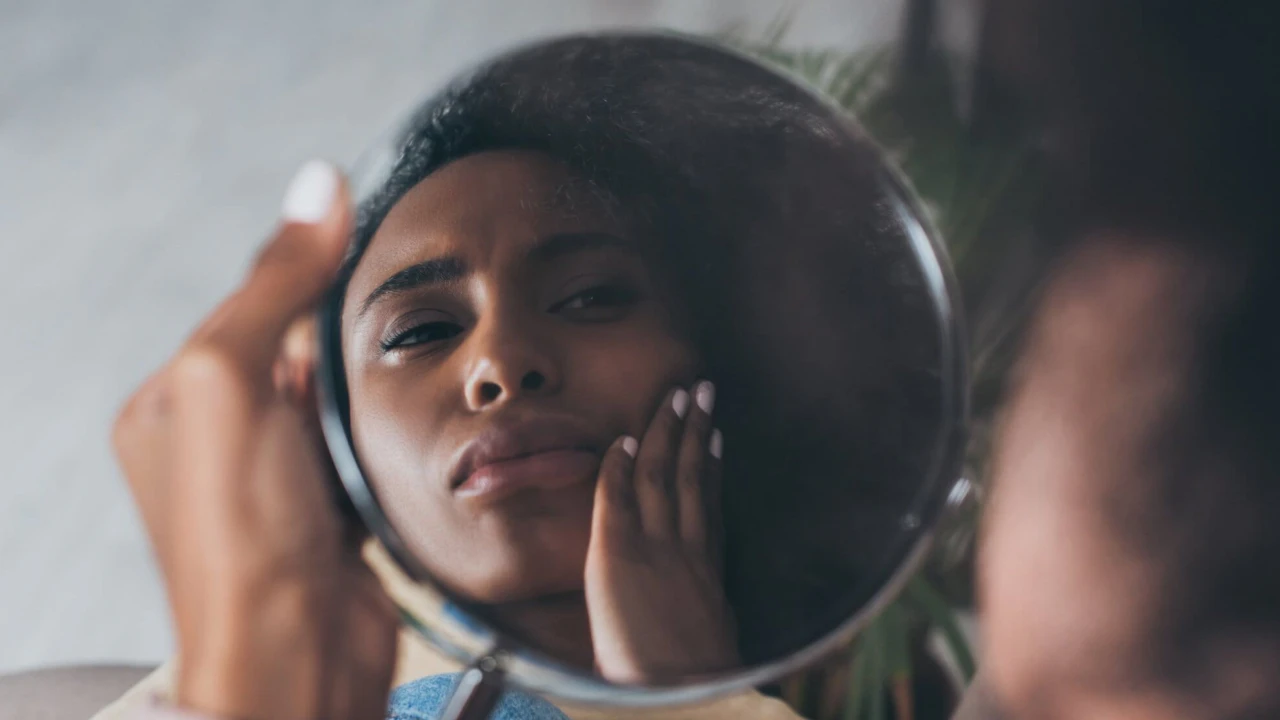

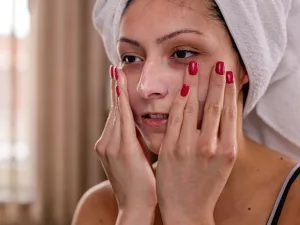
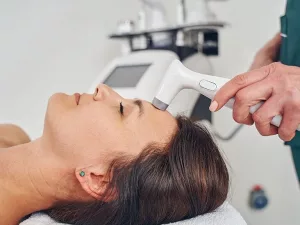

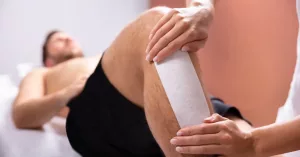
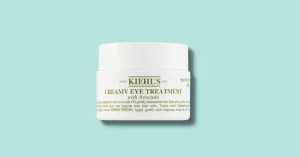
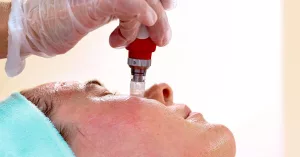
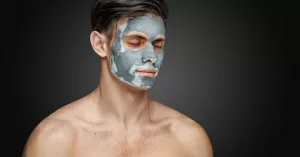





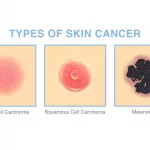





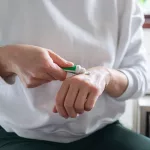



Leave a Reply
You must be logged in to post a comment.